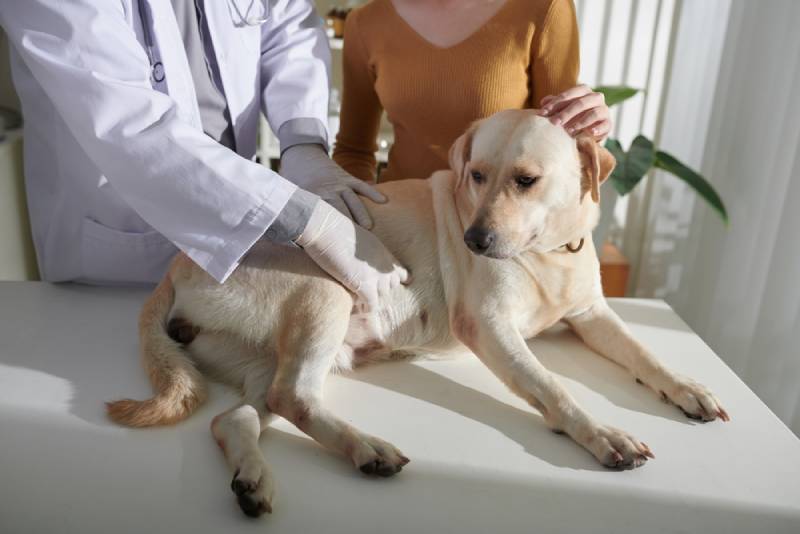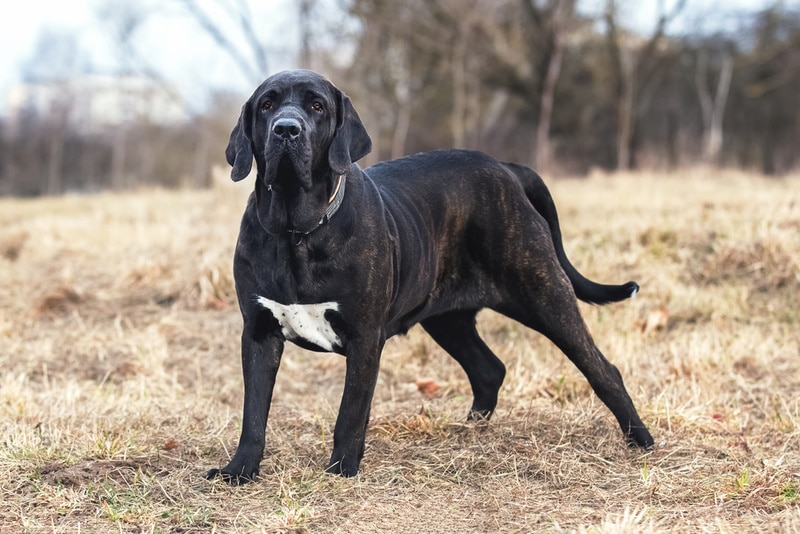When Is Dog Anxiety Awareness Week? 2024 Update

Updated on
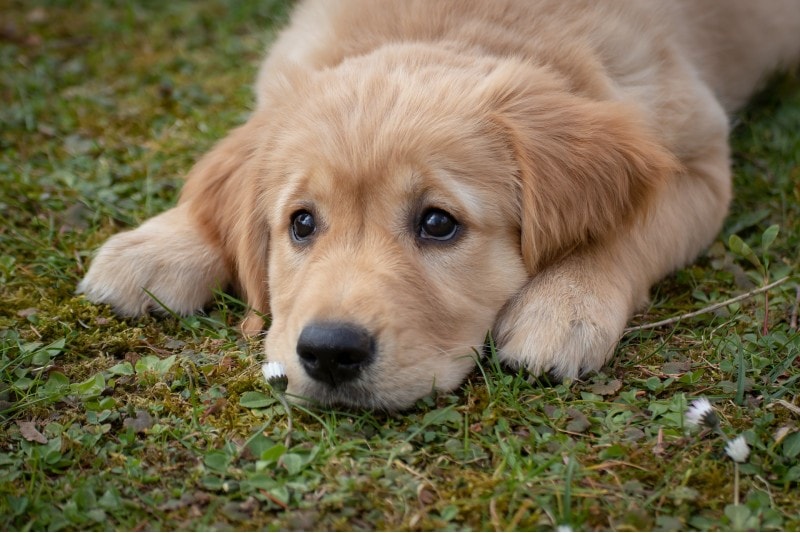
Click to Skip Ahead
Dog Anxiety Awareness Week is one of the many events revolving around our favorite companions. It takes place during the first full week of May, so the exact dates change from year to year. In 2023, the week started on May 1. In 2024, the week starts on May 6.
Whether you’re new to dog ownership or simply haven’t heard of Dog Anxiety Awareness Week, it’s a great chance to learn more about canine anxiety. This guide explores the purpose of this event and how you can better understand your dog’s needs.
Why Is Dog Anxiety Awareness Week Important?
It might seem strange to dedicate a week to spreading awareness about anxiety in dogs when dogs themselves don’t understand the significance. But this event represents an important part of dog ownership.
Canine anxiety and how to manage it is something that all dog lovers should be aware of. This is why Dog Anxiety Awareness Week was introduced. It’s dedicated to spreading the word about canine anxiety, helping to teach people about why dogs get anxious and how they react to fear so we know when they’re having problems. The week is also about helping dog owners learn how to reduce their dog’s anxiety, no matter what causes it.
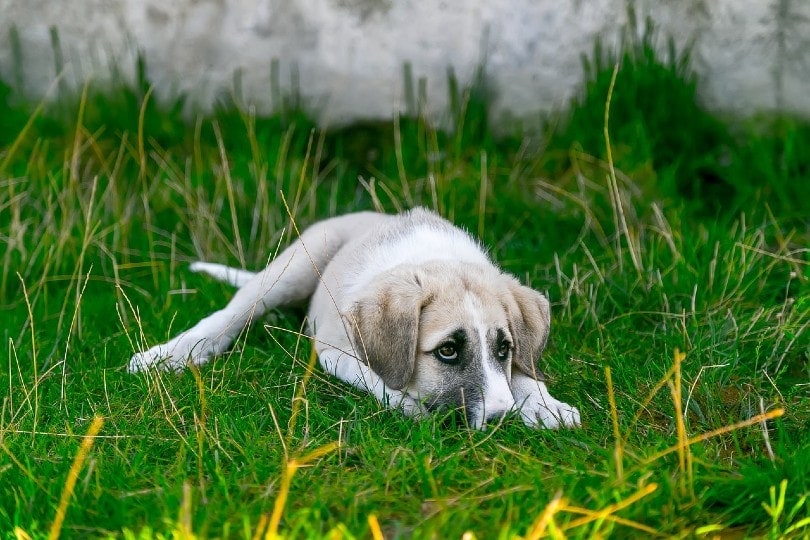
Throughout the week, dog lovers, rescues, and training organizations share tips on desensitization training. Information on how to create safe spaces and routines for your dog is also included, to help you take the first step in alleviating your dog’s anxiety.
Our dogs trust us to protect them, and scared dogs can also demonstrate destructive or aggressive behavior. If your dog panics, they might hurt you, themselves, or a stranger. With knowledge and the right approach, however, canine anxiety can be managed.
Why Do Dogs Get Anxious?
Dogs react to different things in different ways depending on their age, training, and the triggers that they’re sensitive to. All dogs are individuals, and as you get to know yours better, you’ll learn what’s likely to set them off and what won’t.
- Age
- Fear
- Limited or no socialization
- Loud noises
- New or unfamiliar situations
- Past experiences
- Separation anxiety
- Stress
How to Tell If Your Dog Is Anxious
The signs of your dog’s anxiety can be subtle depending on how scared or worried they are. Your neighbor’s fireworks might set them off into complete panic, while a distant thunderstorm might result in them being more clingy than usual. The latter might not be as obvious, but it’s still unnerving for your dog when their worries aren’t understood.
Once you get to know them, the indicators that your dog is feeling less than calm are easier to notice, even when they’re not outright panicking. It always helps to know what to look out for if you’re not sure how your dog reacts to anxiety triggers.
Here’s a list of common signs of anxiety:
- Aggression
- Barking
- Clingy behavior
- Destructive behavior
- Drooling
- Hyperactivity
- Inappropriate urination
- Pacing or restlessness
- Panting
- Shaking
How to Take Part in Dog Anxiety Awareness Week
There are plenty of ways to take part in Dog Anxiety Awareness Week, and you can do as many or as few as you want. Don’t forget to let your dog get involved too—after all, this week is dedicated to them! You don’t even have to go out and socialize if you don’t want to; just grab a camera and check out a few related hashtags on your favorite social media platform.
1. Spread the Word
While you shouldn’t forget about canine anxiety during the rest of the year, Dog Anxiety Awareness Week is a great chance to get involved with the community. Spreading the word about canine anxiety is an important step in helping more people understand it.
Maybe your dog has anxiety triggers that you’ve helped them learn to handle or that you’re still working on. Share your puppy’s progress and get more tips for success, or share your successes so other dog owners can see if one will work for them too. You can also try something simpler, like a photoshoot to share pictures on social media to keep the hashtags trending.
Team up with brave puppies and their owners, and help spread the word about canine anxiety to other dog owners in your area. You could also make and sell dog-safe treats and donate the proceeds to your local shelter.
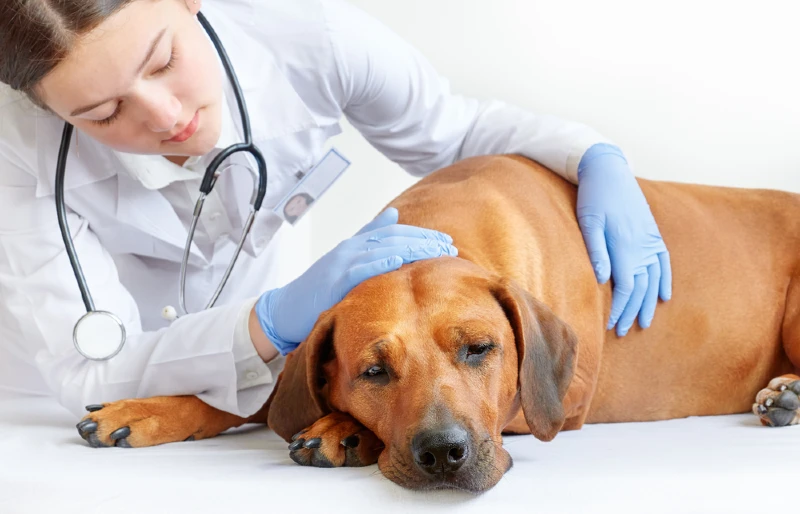
2. Take a Puppy Class
The best way to help your puppy grow into a confident adult is by introducing them to a wide range of situations and people. Puppy classes are great for training, but your dog will also meet all sorts of people and other dogs.
By experiencing various noises, places, events, and other animals, your puppy will be more relaxed in new situations. It’s a great deal of hard work, but your dog will be less likely to suffer from social-related anxiety later.
3. Volunteer at a Shelter
Maybe you don’t have dogs of your own, but that doesn’t mean you can’t take part in Dog Awareness Week too! There are plenty of dogs that deserve love and affection in shelters and rescues, and your local facility will be delighted to have assistance.
Spend time volunteering and working with the dogs at your local shelter. You might help a few dogs find a new home and may even decide to continue helping after the week is over.
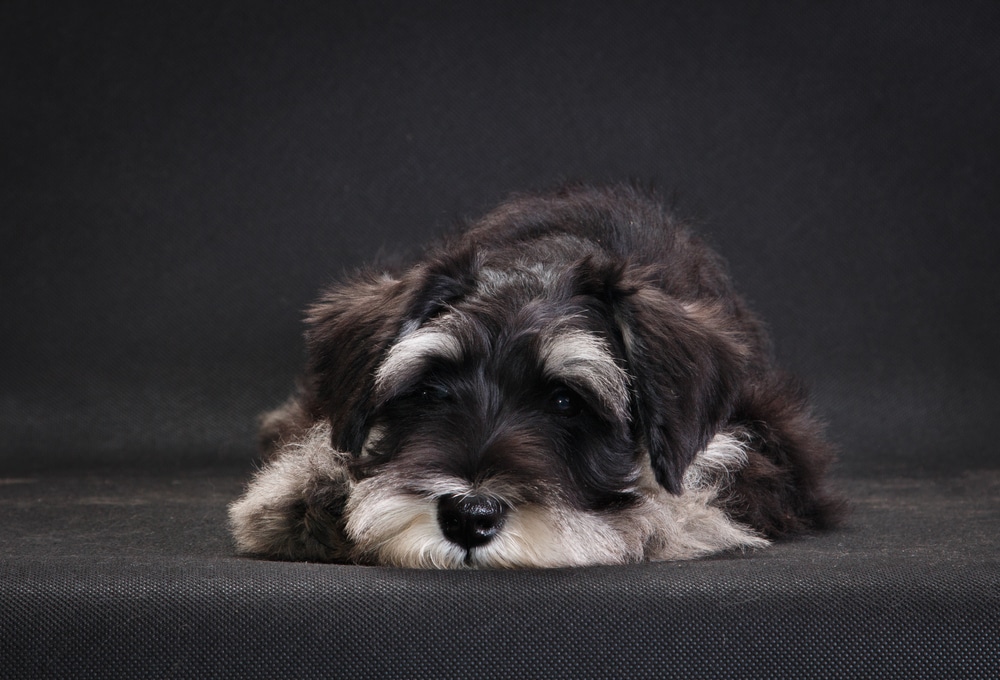
4. Work on Desensitization
If your dog is anxious about something, use Dog Anxiety Awareness Week to set up a training plan to desensitize them to their triggers. You won’t desensitize your dog in only a week, of course, but you can take advantage of all the tips shared during the event. The training that you start during Dog Anxiety Awareness Week should continue until you’re happy with your dog’s progress. This can take weeks, months, or even longer.
How to Help an Anxious Dog
Once you know that your dog suffers from anxiety, you’ll be able to identify their triggers and help them overcome their reaction. It isn’t always easy, and it’s often heartbreaking to see your dog panic over things that they don’t understand. They rely on you for reassurance, though, and building a strong bond will help both of you when they feel anxious.
Along with time, patience, and a calm presence, here are a few tips for helping to calm your anxious dog. Don’t forget to work on all these tips throughout the year, not just during Dog Anxiety Awareness Week.
- Create a safe place.
- Build a routine.
- Do desensitization training.
- Try music therapy.
- Socialize them.
Conclusion
One of the many dog-related events held during the year is Dog Anxiety Awareness Week. Held during the first full week of May, the event is dedicated to teaching dog owners about canine anxiety. This time is dedicated to learning more about what causes dog anxiety, understanding when a dog is feeling fearful, and sharing tips on how to help your own anxious dog.
You don’t need to go out on the town to take part, though it’s always good to encourage your dog to meet new people. Spread the word by sharing training tips on social media or learning more about the issue so you can spend time desensitizing your dog to their triggers.
Featured Image Credit: Birgit, Pixabay




